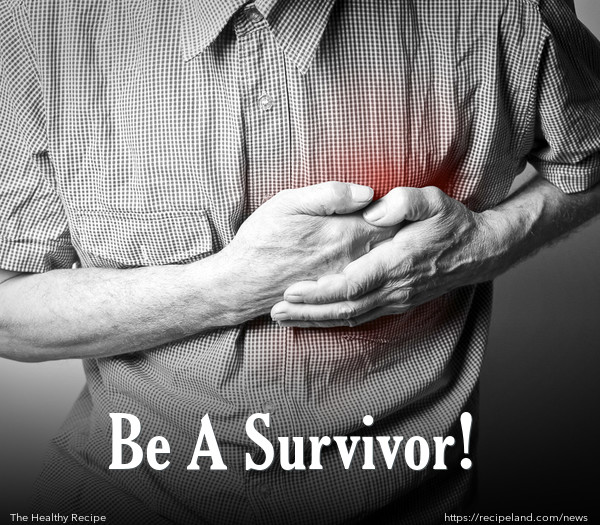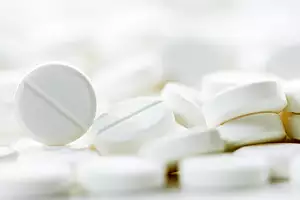Do you know what steps to take to survive a heart attack when there is no one to help you?
What is a Heart Attack?
According to the Health Promotion Board of Singapore, “heart attack occurs when blood flow to part of the heart is blocked causing poor supply of oxygen to the heart muscles.” As the heart muscle continues to receive inadequate amounts of oxygen, the tissue of the heart muscle can be injured and die. Heart attack is one of the leading causes of death around the world and the second leading cause of death among Singaporeans.
The Health Promotion Board also reports that atherosclerosis is the most common cause of heart attack. Atherosclerosis occurs when an artery supplying the heart narrows because of cholesterol buildup. This jeopardizes the oxygen supply to the heart.
What does a heart attack feel like?
Common signs of heart attack are:
-Crushing, squeezing, stabbing, or burning pain in the center of the chest
-Pain radiating throughout the arms, back, neck, jaw, or stomach
-Shortness of breath
-Change in heartbeat
-Cold sweat or profuse sweating
-Nausea or vomiting
-Dizziness
-Clammy or cold skin
Women may also experience:
-Heartburn
-Mild discomfort in the jaw, arm, neck, or back
-Poor sleep
-Anxiety
Dr Chin Chee Tang, Senior Consultant of the Department of Cardiology, National Heart Center Singapore points out, “About 90 percent of heart attack sufferers experience the classical symptoms. However, the elderly, females and those suffering from diabetes may develop non-classical heart attack symptoms. These include shortness of breath, mild chest pain, nausea, vomiting and pain in the epigastric region.”
Are You At Risk?
If you smoke or suffer from diabetes, obesity, high cholesterol, high blood pressure, or have a family history of heart disease, you are at a higher risk of heart attack.
How to Survive
The Health Xchange of Singapore recommends that the absolute first thing to do if you suspect you are having a heart attack is to call for emergency help. In order to save your heart muscle, you must receive specialized medical care as soon as possible.
Dr Chin Chee Tan recommends a heart attack sufferer, “stop whatever you’re doing, proceed to a safe place to rest and call for medical help. For example, if you’re driving, first pull to the side of the road and call for aid.”
The Health Xchange recommends that you take an aspirin while you wait for help to come. In general, heart attacks are caused by a blood clot forming and blocking blood flow to the heart. Aspirin can stop the clot from getting bigger and may even give the body time to break it down.
For the best chance of survival, you should form a plan of what to do when you feel the symptoms of heart attack. This is especially necessary if you are at a higher risk of heart attack. Having an action plan can also reduce anxiety and ease your mind as you seek medical attention for your heart attack symptoms.
An action plan should include:
-Know the symptoms of heart attack.
-Call for emergency aid when you feel any symptoms of heart attack.
-Do not try to transport yourself to the hospital. If your heart attack symptoms continue, you are putting yourself and other drivers at risk.
-Allow emergency personnel to take you to the hospital. On the way, they might give you an electrocardiogram to determine if you are suffering a heart attack. The emergency personnel may notify doctors of your condition so that they are prepared to begin treatment as soon as you arrive.
-Tell emergency personnel that you think you might be suffering a heart attack.
-Trust your feelings. If you suspect you are having a heart attack, seek medical attention immediately no matter what anyone else says.
-Chew on an aspirin while you wait for emergency personnel to arrive.
-Keep a written record of your emergency contacts and any pre-existing health conditions you have been diagnosed with. Make this record available to emergency personnel.
SOURCES: https://www.healthxchange.com.sg/healthyliving/SpecialFocus/Pages/How-to-Survive-a-Heart-Attack-When-Alone.aspx; https://www.hpb.gov.sg/HOPPortal/dandc-article/530; https://www.scai.org/SecondsCount/Resources/Detail.aspx?cid=6cdaa128-5d23-4125-bcf7-9ad03af2c024










Comments